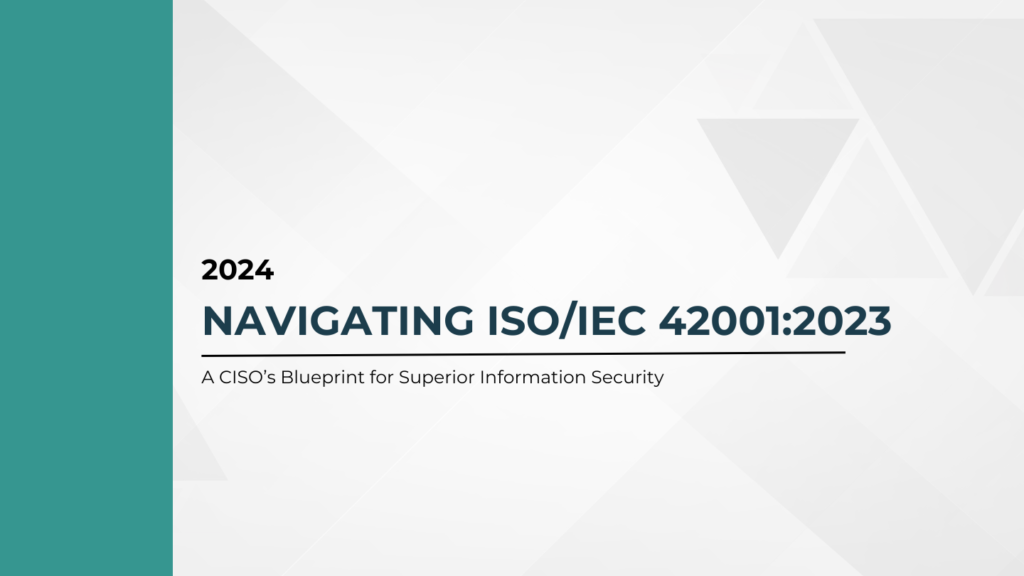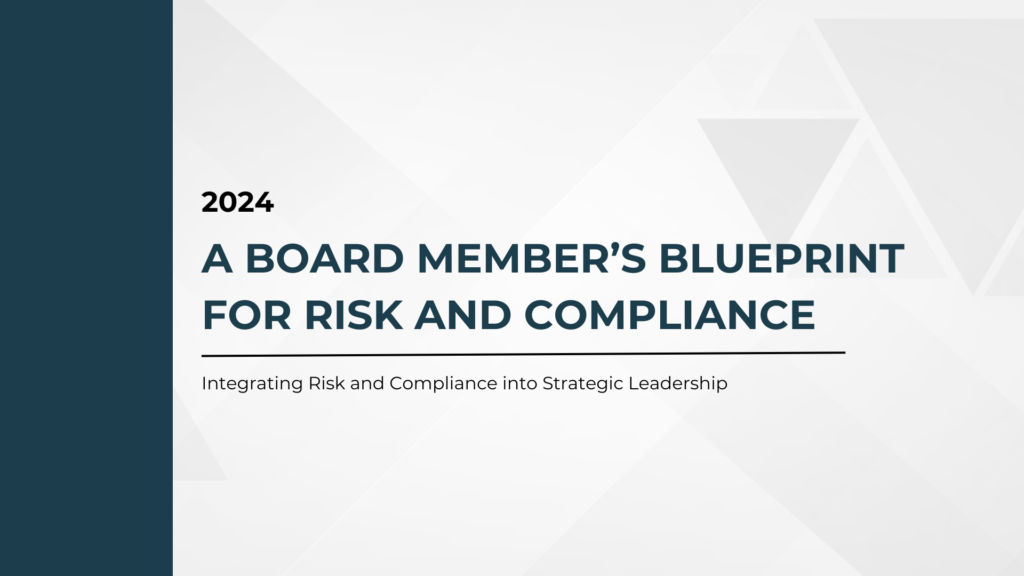In an era where digital landscapes and cyber threats continue to evolve, effective Cybersecurity communication is paramount in safeguarding an organization’s digital assets and reputation. Security professionals serve as the guardians of these digital frontiers, and their ability to communicate risk throughout an organization is instrumental in building a resilient defense against cyber threats. Small organizations all the way up to govenement agencys are searching for the best ways to improve their cybersecurity communication. This overview delves into the pivotal importance of security professionals in effectively conveying risk across all levels of an organization and the best ways to do this. This guide will cover:
Navigating Complexity through Clear Cybersecurity Communication
Security professionals decode intricate cybersecurity complexities, translating technical jargon into understandable terms. Their role empowers all, from executives to employees, to grasp potential risks and vulnerabilities.
Enabling Informed Decision-Making:
Security pros lead risk assessment, guiding leaders to informed choices that mitigate threats. Their effective communication equips decision-makers with vital knowledge for resource allocation, prioritization, and strategic cybersecurity planning.
Cultivating Awareness:
Effective risk communication fosters a cybersecurity culture. When security experts outline risks and consequences, they ignite responsibility beyond their roles. This awareness empowers all levels of staff to embrace security practices, uniting them in making cybersecurity a collective focus.
Bridging Tech and Business:
Cybersecurity resides in tech, while strategy stems from business goals. Security experts bridge this gap, translating risks for tech and business leaders. This alignment integrates cybersecurity seamlessly into the organizational strategy.
Collaborative Risk Dialogue:
Beyond threats, effective risk communication fosters cross-department partnerships. Security experts initiate discussions on risk tolerance, mitigation, and crisis management. This unity fortifies defenses and ensures coordinated responses during incidents.
Transcending Roles:
Security professionals are not just protectors; they are educators, influencers, and collaborators. Their role extends beyond the technical realm to shape organizational culture, decision-making, and overall resilience. By effectively communicating risks, they become catalysts for change and champions of a secure digital future.
Proper cybersecurity communication within an organization is critical for the improvement of a security program. This guide will walk you through the best ways to accomplish this and make sure you are building an organization that not only understands cybersecurity but values it. Click here for further details on ways Compyl can help enhance your security program.













